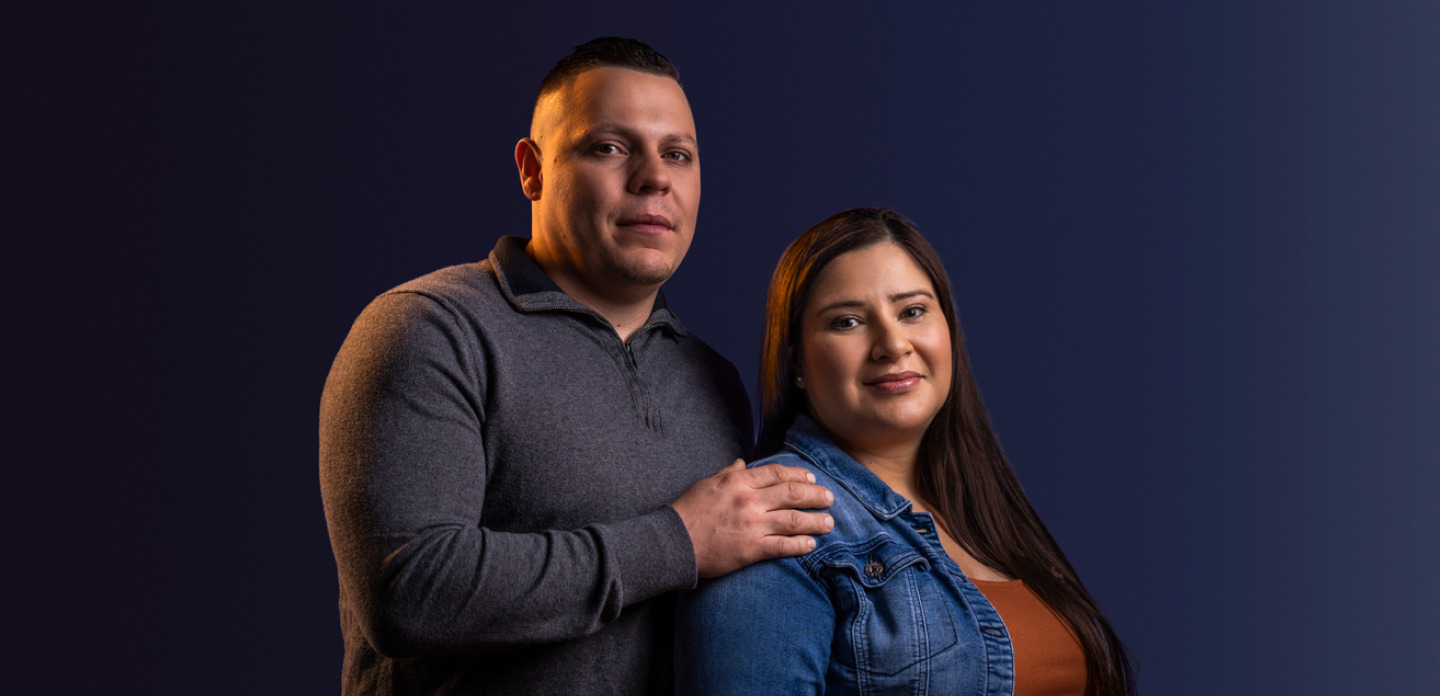Substance use disorder (SUD), also known as addiction, is challenging to overcome on its own. It’s even more challenging when you consider the stigma and shame people feel while they’re struggling. Asking for help is hard. Sometimes people aren’t sure what to ask for or how to ask. Or, they may not be aware of where to get help or what treatment options are available. One of the most powerful tools in seeking recovery from addiction is help from loved ones, like friends and family.
It can be challenging to see someone you care about struggle with substance use disorder. After years of speaking to people within the recovery community, we’ve come up with important ways loved ones can play a role in helping someone find treatment. We also discuss some ways that people can protect their own mental wellness while being a resource for others.

How You Can Help Someone Struggling with Substance Use Disorder
1. Find a non-judgmental way to bring up the conversation.
When you’re worried or frustrated, it can be hard to manage those feelings and have a calm conversation. But it’s important to speak to someone in a non-judgmental way, emphasizing your concern for them first and foremost. The first step is remembering, and acknowledging, that they are human, just like you. Acknowledge that what they are experiencing is really hard for them, and let them know that you want to understand how to best support them. This allows them to let their guard down and share more about their struggles and the ways you can help them, and they are likely more willing to receive any observations or feedback you may have for them. Simple statements like, “I am bringing this up because I am worried about you” can help create the space they need to have that conversation with you.
2. Let people know that help and resources are available.
When struggling with a substance use disorder, people might feel like they’re alone or that the process of finding recovery is too hard to overcome. Reassuring your loved ones that resources are out there and that recovery is possible for anyone is a great place to start. You can find licensed treatment providers in Colorado at OwnPath.co.
3. Offer to help with day-to-day tasks to support them in their recovery.
Being a resource doesn’t always mean you have to be directly involved in the treatment or recovery process. For some, it’s important to prioritize boundaries while maintaining levels of care for the person in treatment. You can offer rides to recovery meetings or appointments with their treatment provider providing care for children and/or pets, helping them find work, calling their insurance to help them answer questions about treatment coverage, and many other seemingly small but incredibly helpful ways to support someone. It’s about showing someone that you’re willing to show up and support them in way that’s meaningful that also respects everyone’s needs and boundaries.
4. Offering emotional support and help.
The most vital part in helping a loved one struggling with substance use disorder is offering that unconditional emotional support. Let them know you are there for them, you love them, and support them on this journey to recovery.

Sandra and Luis,
Aurora, CO

Caring for Yourself when a Loved One is Struggling with a Substance Use Disorder
1. Set healthy boundaries
Decide what level of involvement you’re comfortable with and create consistent boundaries. These boundaries will protect your mental health so you can continue to be strong for your loved ones in need.
2. Care for yourself.
If you’re trying to care for someone else without caring for yourself, you can become fatigued and discouraged. Take time for yourself. Setting boundaries is a part of taking care of yourself, but also finding small ways to practice self-care and self-love will keep you strong and resilient.
3. Find forms of communication
that work for you.
Communication is key. Everyone communicates differently and responds differently. Let people know how you appreciate being communicated with, and ask others how they prefer to communicate so there are clear expectations for healthy communication.
4. Get free support through CRAFT.
CRAFT, which stands for Community Reinforcement and Family Training, is a free, skills-based program that teaches healthy communication and behavioral techniques for families (and friends) who support a person in their life who is struggling with substance use.
The importance of friends and family cannot be overstated. They play a vital role in the recovery process. Support can also come from medical professionals, peer recovery specialists, and other people in recovery. Learn how vital their support is on our stories page.

